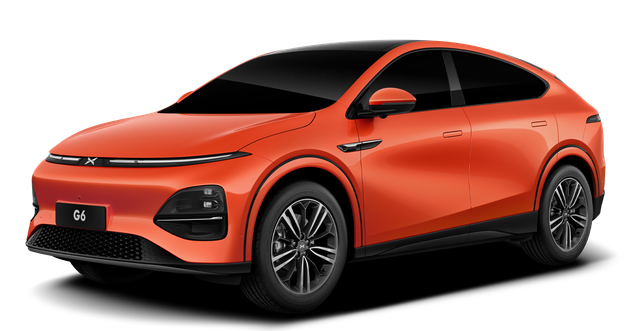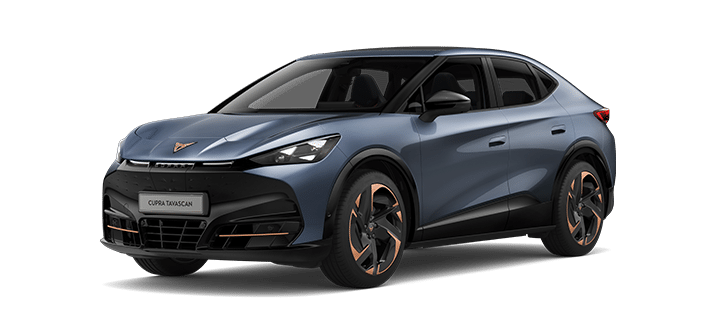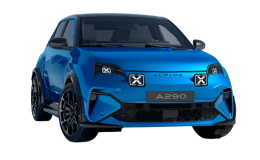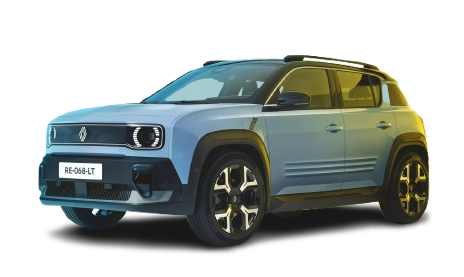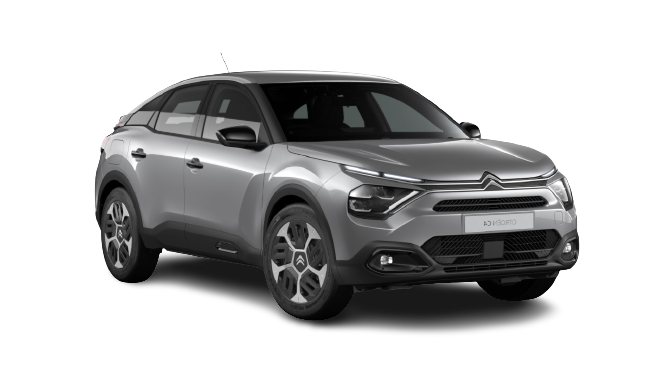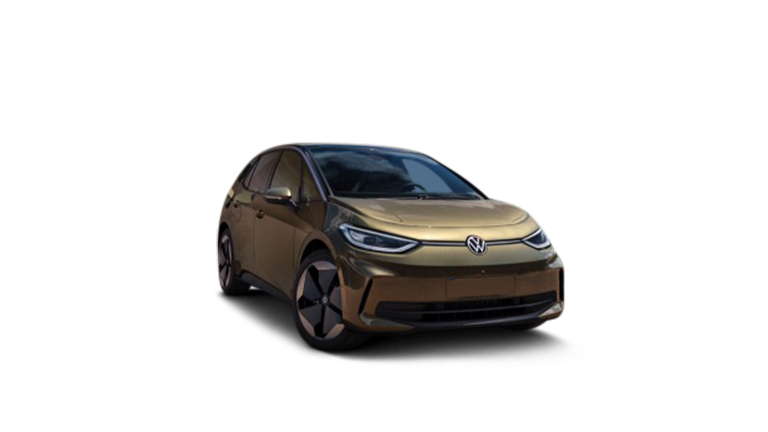What are the main drivers behind the adoption of electric cars?
Financial incentives
The growing adoption of electric cars is largely due to the various financial incentives introduced by the government. They make electric vehicles more accessible.
Purchase subsidies
One of the main levers is the environmental bonus. In France, this can amount to up to €7,000 for the purchase of a new electric car, depending on vehicle price and household income. This aid considerably reduces the initial cost, making it more competitive with combustion-powered cars.
The conversion bonus
In addition to the ecological bonus, France also offers a conversion bonus. As a reminder, this bonus encourages owners of old, polluting vehicles to switch to cleaner models. In 2023, this bonus was worth up to €5,000, which could be combined with the ecological bonus for a total reduction of up to €12,000 on the purchase price of a new electric car, and this is still the case in 2024.
Tax benefits
Tax benefits also play a key role in promoting electric vehicles. Purchasers of electric cars benefit from partial or total exemptions from vehicle taxes. For example, in France, electric cars are exempt from the company vehicle tax (TVS) for three years. What's more, in certain regions, electric vehicle owners can benefit from a reduction or exemption from the regional registration tax.
Support for the installation of charging stations
Subsidies are also available for the installation of charging stations at home or in the workplace. In France, the tax credit for energy transition (CITE) provides assistance of up to 75% of the cost of installing a charging station, with a ceiling of €300 . This aid is designed to facilitate access to recharging solutions, one of the main obstacles to the adoption of electric cars.
Local incentives
Some municipalities offer additional incentives, such as free or reduced parking rates for electric vehicles. The city of Paris, for example, offers free parking for electric vehicles, an incentive that makes owning such a vehicle even more attractive to big-city residents.
Also read → Tax benefits for electric vehicles
How are manufacturers' offerings evolving?
The development of the automaker's offer is explained by a diversification of models, enhanced performance and increased vehicleautonomy.
Model diversification
One of the most striking aspects of this evolution is the diversification of available models. By 2024, virtually all the major automakers will be offering electric vehicles in their ranges (e.g.: Renault Megane e-Tech, Volkswagen ID.4 or even Fiat 500ᵉ). According to a report by the International Energy Agency (IEA), the number of electric car models available on the global market reached over 500 in 2023, compared with just 60 in 2015.
Brands such as Teslaa pioneer in this field, continue to innovate with models such as the Tesla Model 3 and the Model Y with over 1.2 million sales worldwide by 2023. Other manufacturers such as Volkswagen have launched entire ranges of electric vehicles with the ID series, including popular models like the the ID.3 and the ID.4which combine performance and affordability.
Increased autonomy
The range of electric vehicles is a crucial criterion for buyers, and has been the subject of improvements. In 2024, electric car models will have an average range of 400 km per charge, according to a report by BloombergNEFwhich represents an increase of almost 30% on 2018. Models such as the Tesla Model S Plaid even offer an impressive range of over 600 km, reducing the anxiety of running out of fuel and making long journeys more feasible.
Performance and technological innovation
Manufacturers have also focused on improving the performance of their electric vehicles. For example, the Porsche Taycan is capable of accelerating from 0 to 100 km/h in less than three seconds, rivalling the best thermal sports cars. Battery technology has also seen major advances, with companies such as Nissan introducing solid-state batteries on their new models, promising faster recharging and greater energy density.
More affordable prices
The price of electric vehicles remains a determining factor for many consumers. However, thanks to increased production and lower battery costs, electric car prices have become more affordable. By 2023, the average price of batteries has dropped to around €132 per kWh, compared with €1,100 in 2010. This drop in costs is reflected in vehicle prices: models like the Dacia Springavailable from €18,690, offer economical options for more modest budgets.
The electric car brands are no longer content to produce electric cars for just one market segment. Today, there are options for every taste and need. For example, Audi Audi offers electric electric SUVs like the Audi e-tron the Audi e-tronwhile Renault is targeting the electric city cars with models such as the Renault Zoé e-Techone of Europe's best-selling electric cars.
Also read → Future electric cars to 2030
What are the challenges involved in the transition to electric vehicles?
Charging infrastructure
The charging infrastructure is a fundamental pillar, but it also poses a number of challenges that must be overcome. The European Union has more than 500,000 public charging points as of mid-2023 (up 30% on the previous year), according to the European Automobile Manufacturers Association (ACEA). France, meanwhile, with more than 100,000 charging stationsFrance leads the way in Europe, alongside Germany and the Netherlands.
What are the issues?
- Uneven geographical coverage: rural areas suffer from a lack of charging stations, while major cities and motorways are well equipped.
- Charging capacity : fast and ultra-fast charging stations are still too few in number (less than 15%) of total infrastructure in 2023.
- Interoperability and standardization: the diversity of plug types and charging standards complicates access to charging stations for users of certain makes of electric car.
- Cost and financing : Installing fast-charging stations is expensive, with an average cost of around €30,000 per station.
What initiatives and solutions are available?
- Plan France Relance : The French government has invested 100 million euros to deploy 100,000 charging stations by 2025, a target that has been reached prematurely.
- Public-private partnerships : Teslawith its network of Superchargersnetwork, and Ionity, a consortium of carmakers, are working to install fast-charging stations along Europe's freeways.
- European projects : The European Union funds cross-border projects to create an integrated network of fast-charging stations across Europe, facilitating international travel by electric vehicle.
Also read → What will be the charging infrastructure challenges for electric cars in 2024?
What are consumers' perceptions and reservations?
Autonomy
One of consumers' main concerns is range anxiety, i.e. the fear of not having enough charge to reach their destination. This fear is exacerbated by the perception that charging infrastructures are insufficient or poorly distributed. A majority of consumers cite insufficient range as the main obstacle to buying an electric car.
The cost
Despite financial incentives (environmental bonus, conversion bonus...) the initial cost of buying an electric vehicle is perceived as too high by a large proportion of consumers. This perception is even more pronounced among used car buyers and those with limited budgets.
Distrust
Mistrust of new technologies is another barrier. Some consumers are skeptical about the reliability and longevity of electric vehicles, particularly when it comes to battery durability. A majority of European consumers doubt the lifespan of electric vehicle batteries, which affects their purchasing decision.
Wireless charging technology
Lack of information
The lack of clear and accurate information on the benefits and costs of using electric vehicles also contributes to consumer reluctance. Many have misconceptions about maintenance costs and ease of use, such as the belief that maintenance costs for electric cars are higher than those for internal combustion vehicles.
Experiences and testimonials therefore play a crucial role in shaping perceptions. Consumers are more likely to be influenced by the testimonials of those close to them who have already made the transition. Free trials and demonstration programs are effective tools for overcoming initial apprehension. Media and awareness campaigns have a strong influence on consumer perceptions.
What does the future hold for electric cars?
Future market trends
- Increasing sales of electric vehicles: worldwide sales of electric vehicles are expected to reach 30 million units by 2030.
- Development of recharging infrastructures: The European Union is aiming to install 1 million public charging stations by 2025.
- QuantumScape and Toyota are currently working on these innovations.
- Projects to integrate electric vehicles with renewable energies are also in the pipeline.
- In 2035, gasoline and diesel cars will be banned from production, prompting automakers to accelerate their plans for electric vehicle production.
What are the technological innovations?
Lithium-sulfur batteries
Lithium-sulfur batteries can store up to five times more energy than current lithium-ion batteries, making it possible to travel up to 1,000 km on a single charge. Oxis Energy is actively working on this technology.
By using induction plates installed on the ground to charge electric vehicles, this innovation simplifies the charging experience. Cities such as Oslo are already testing this technology for cabs, and the wider adoption of wireless wireless charging could become a reality in the next few years.
Artificial intelligence
AI systems can now analyze driving conditions, user habits and traffic data in real time to optimize energy consumption and extend vehicle range. For example, Tesla uses AI algorithms to optimize battery management and vehicle performance, reducing energy consumption and increasing overall efficiency.
Connected vehicles and the IoT
The Internet of Things (IoT) enables electric vehicles to communicate with charging networks and manage charging according to periods of low demand, thus reducing energy costs for users. Companies such as Nissan and BMW are developing energy management systems that enable vehicles to store and redistribute energy to power grids, creating a more balanced energy ecosystem.
Also read → How does technology improve the professional driving experience?
Conclusion
The transition to electric vehicles is therefore much more than just a trend: it's shaping the future of sustainable mobility. Growing adoption, supported by advanced technological innovations (solid-state batteries, ultra-fast charging, autonomous driving systems) promises to transform our daily lives. As recharging infrastructures expand and environmental policies tighten, electric vehicles are becoming an essential solution for a more efficient future.


